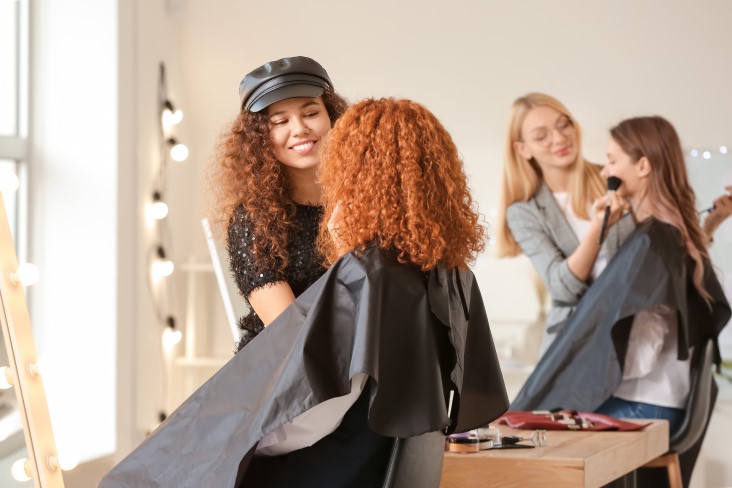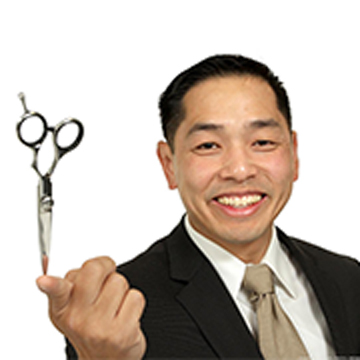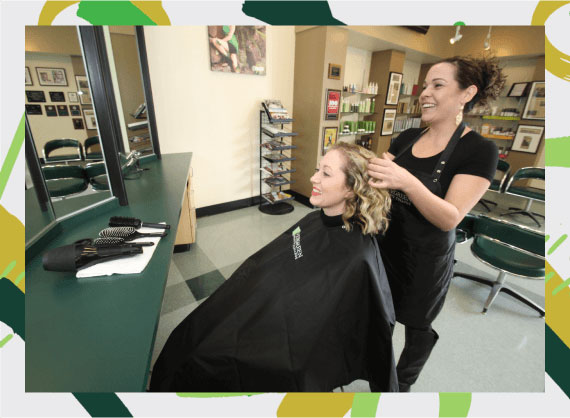5 Surprising Skills You’ll Learn in Esthetician School

Pixel-Shot – istockphoto.com
Esthetician school is an important element of eventually moving into a successful career as a beauty professional. However, while you might assume you know what you’ll learn in this schooling process, it actually might surprise you how many skills you’ll learn during esthetics training, including skills that you may not have thought you would cover in esthetics. Here are five surprising skills that you’ll learn as you go through your schooling.
1. Facials and Skincare
Of course, skin care techniques are likely something that you would assume you’ll learn in esthetician school, but the advanced techniques that you’re likely to encounter may surprise you. There are many different ways to try and attain healthy skin; as part of your training, you’ll learn how to recognize various skin concerns, talk to clients about how they can mitigate skin issues on their own, and help them with in-house skin treatments. You may also learn how to use and recommend skincare products and how to offer facial treatments for specific complaints.
2. Hair Removal
It’s fairly common for an esthetician business to offer hair removal services. This may include more traditional methods of hair removal, such as threading, waxing, and sugaring, as well as more high-tech methods of hair removal, such as laser hair removal or chemical methods of hair removal. To understand proper application techniques, you’ll likely have to undertake many hours of training; during job training at esthetician school, you’ll get to try different techniques with actual clients and get hands-on experience, so you know how to do it in your future career.
3. Makeup Application
It’s very common for makeup artists to start out as estheticians. Many esthetics courses include some amount of information about makeup application, even courses that aren’t specifically geared toward future makeup artists. Many of the skills you learn in general will also be applicable to makeup application, such as removing dead skin cells, general information about skin science and skin health, and a deep understanding of color theory, among other things. Whether you’re hoping to become a successful esthetician or your primary focus is to eventually apply makeup, esthetics school will give you plenty of opportunities to learn.
4. Business Skills
Esthetics students are eventually going into a beauty career, and it’s extremely important that you understand how to navigate your eventual career path once you get out of esthetics or cosmetology school. That’s why good beauty schools will also help set you up with business skills that you can take with you to potential employers, eventual job opportunities, and the skincare industry as a whole. Whether it’s providing customer service or keeping up with industry trends, this business acumen is crucial to providing a better client experience.
5. Rules and Regulations Surrounding Esthetics
When you think about your esthetician practical exam, you probably mostly think about skin conditions, skin analysis, and how to offer services like anti-aging treatments and light therapy. However, those licensure exams will also ask you about how your training program taught you the rules and regulations of esthetics. Potential clients trust you with powerful tools for their skin health—you should know the safety procedures to keep them safe.
Join the World of Esthetics Today

Yakobchuk Olena – stock.adobe.com
If all of these elements of esthetics excite you, an education in esthetics could be exactly what you’re looking for. This is definitely an exciting field to go into, and it’s the perfect career path for many people. If you’re thinking about going into this career field, check out Evergreen Beauty College and find an esthetician school route that will offer you the right career options.
FAQs: Surprising Skills at Esthetics School
How long will it take me to become an esthetician?
It depends on many elements: the specific esthetics program you’re attending, whether you’re attending full-time or part-time, and the requirements for real-world training hours in your state, among other things. If you want to know how long it’ll take you to reach your dream career, talk to your school’s admissions representatives to learn more about this process.
Can estheticians specialize in a specific area of skincare?
Many estheticians indeed specialize in different areas of the beauty industry. You may choose to go through extra training to work in dermatology, for example, or go on to have a rewarding career in makeup application with extra specialization. There are many options for esthetician careers, so use your education time to learn about your options once you graduate from your esthetics or cosmetology program.
Do I need to go to esthetics school to become an esthetician?
In order to become a licensed esthetician, you will have to go to esthetician school. Esthetician programs allow you to learn more about skincare and body treatments, but they also give you hands-on training and teach you critically important information about health and safety. To take your board exams, you’ll need to go through professional esthetician training.




